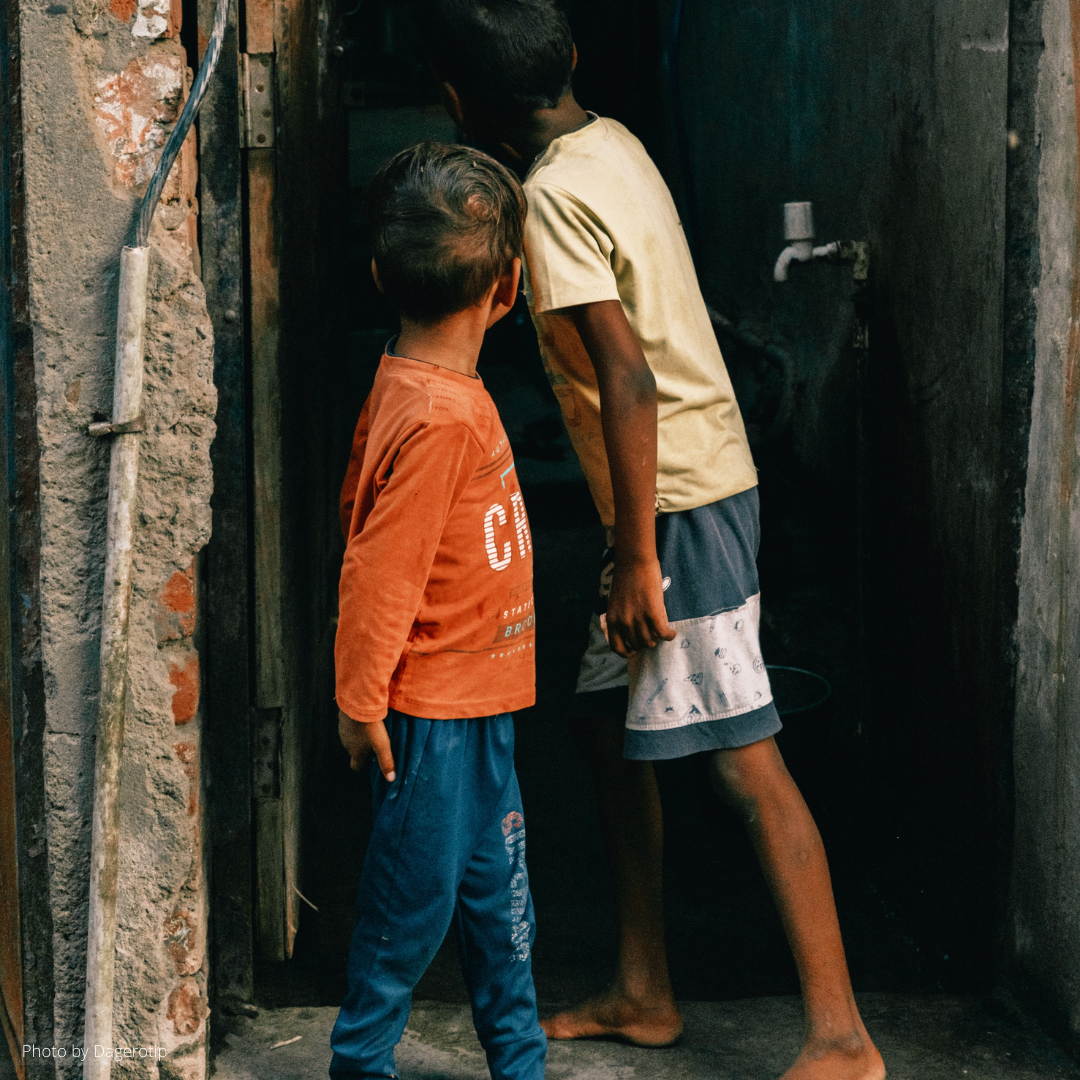Volunteering is good. It’s the unregulated, unskilled volunteering for the purpose of tourism (voluntourism) with children that is not, but it can be made better.
Volunteering in another country can offer travellers the best of both worlds: the opportunity to explore new places while giving back to society.
However, some popular forms of voluntourism that include short-term placements for unskilled volunteers for teaching in schools, supporting community projects, or working with children in childcare centers or orphanages, do not benefit children and put them at risk. While these can be appealing, especially those that promise to help vulnerable communities, not all volunteer opportunities help children.


Voluntourism can do more harm than good when it involves children, especially those from vulnerable communities. The idea of helping children abroad may seem noble, but it’s crucial to understand the potential negative consequences and make informed, responsible choices.
In many cases, voluntourists, without proper background checks or the necessary skills, are allowed to work with children in schools, orphanages, sports centres or other settings. These kinds of direct interactions with children—without proper safeguards or oversight—would never be allowed in the voluntourists’ own home countries.
This frequent coming and going of unskilled volunteers disrupts children’s development, negatively impacting their education and emotional well-being. Additionally, with no safeguarding measures in place, unregulated voluntourism increases children’s vulnerability to various forms of harm, including sexual exploitation and abuse.
Rather than creating lasting change, short-term and unskilled voluntourism activities can unintentionally harm the communities it aims to help.
Short-term voluntourism in child-related settings can be disruptive and harmful. Choose volunteering opportunities that do not involve contact with children, such as environmental conservation projects, beach clean-ups, or sustainable farming initiatives. These types of activities allow you to contribute meaningfully without putting children at risk.
When planning your next trip overseas, choose travel and tourism companies that actively prioritise child protection and invest in the well-being of local communities, including regulating voluntourism. Visit The Code to learn more.
Volunteering in orphanages fuels the growth of institutions that separate children from their families. Support initiatives that help children stay within their communities and families.
Support trusted local organisations that are directly working to protect children and empower families. By engaging with these on-the-ground initiatives—whether through sharing knowledge, skills, learning, volunteering, or donating—you can contribute to sustainable programmes that truly uplift at-risk communities.
Share your knowledge of ethical volunteering with friends, family, and fellow travellers. Encourage them to make informed, responsible choices that protect children and benefit communities. Share this page with them to spread the word and inspire more people to volunteer in ways that truly make a difference!
Our actions impact the lives of children no matter where we travel. By making informed decisions, you can ensure your volunteer experience contributes positively to the communities you visit, while ensuring the safety of children.
Interested in learning more about the issues with unregulated voluntourism involving children? Check out other key resources below: